As defined by Inc. magazine, the health industry broadly comprises everything from pharmaceuticals and medical services to fitness and health products. In our Inc 500 analysis, we studied the 57 companies that fell into this category. Making up 11% of the Inc 500 list, it’s clear that these fast growing companies are excelling at creating innovative solutions and products that are changing lives.
Our study has shown that many of the marketing challenges of those companies in the health vertical lie in gaining visibility in their target area. High authority sites such as Mayo Clinic and WebMD dominate top slots for most medical keywords in Google’s effort to ensure that trusted and unbiased information stay at the top of the SERP (this is old news, but you can read about Mayo Clinic and Google’s partnership here). When one in 20 Google searches is for health-related information (source), this is no small task on Google’s part. But we’re not here to sing the praises of Google; solely that commercial companies will have a difficult time penetrating the top positions for these keywords.
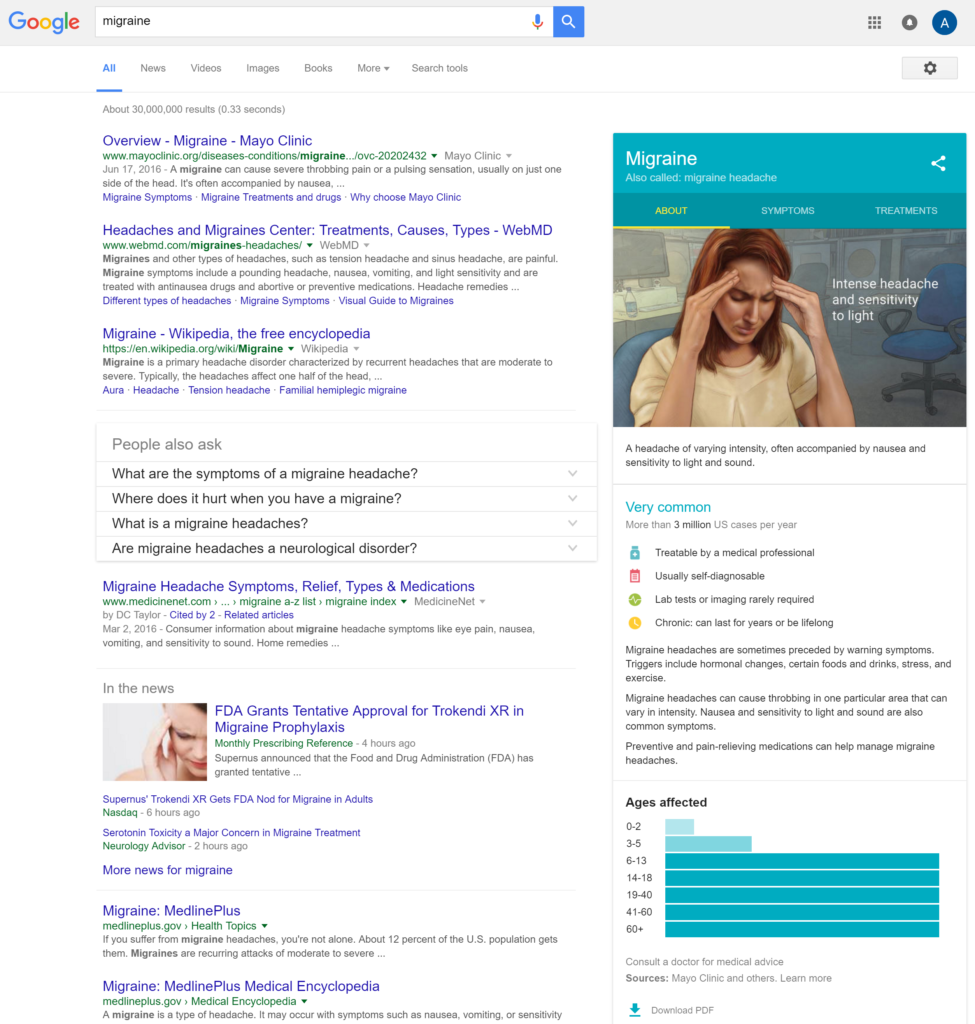
Google SERP for Migraine
During our research, we also discovered that companies selling Health products and services that are not specifically disease-related tend to do fairly well in the Inc. 500 for Organic Search. Our research also highlighted that within the Inc. 500, while the fastest growing companies in the health vertical are performing well in regard to Spam Score and Unnatural Links, most sites are lagging in terms of Trust Metrics and Link Popularity. In this blog, we will highlight the ways in which many of the Inc 500 Health companies have succeeded in gaining online visibility and suggest ways to kick it up a notch.
So, who are some of these top performers on Inc’s list and what are they doing right? Only four companies in the health vertical earned a final grade of A in SEO performance, making up less than 10% of the companies.
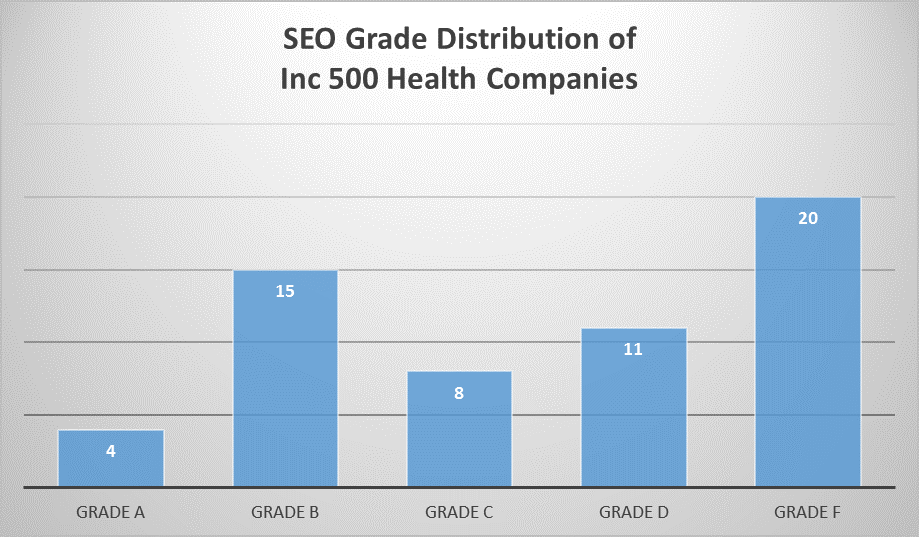
Distribution of grades of Inc 500 companies in the Health Vertical
Fitbit (2015 Inc 500 #53)
Fitbit, one of the most popular fitness tech brands, tops the list for SEO performance in the health industry. With a focus on content that encourages its users to work towards their fitness goals versus heavily promotional content (we talk more about their content strategy in a recent blog), their site and blog has lent itself to a high number of backlinks. However, with nearly 1.04 M backlinks and only 34.2K referring domains, the disparity between the number of backlinks and referring domains show that many links may be low in quality or spam. Although the company is excelling at 3 of the 4 categories contributing to online visibility – scoring A’s in natural links, low spam score, and high trust score – we’d recommend that Fitbit take a closer look at their backlink profile to ensure that spam and low quality links are disavowed.
9Round (2015 Inc 500 #470)
9Round, a 30-minute kickboxing franchise with locations around the globe, boasted a $4.3 million in revenue as of January 2015 (source). Although its online property is mainly used as a franchise locator, they also publish numerous health and fitness blogs. Because of the “how-to” nature of their content, 9Round’s blogs are performing best on Facebook and Pinterest – but what we’re really excited about is their presence on YouTube. 9Round’s YouTube channel boasts over 50 original “how-to” videos that are true to their brand and their audience.
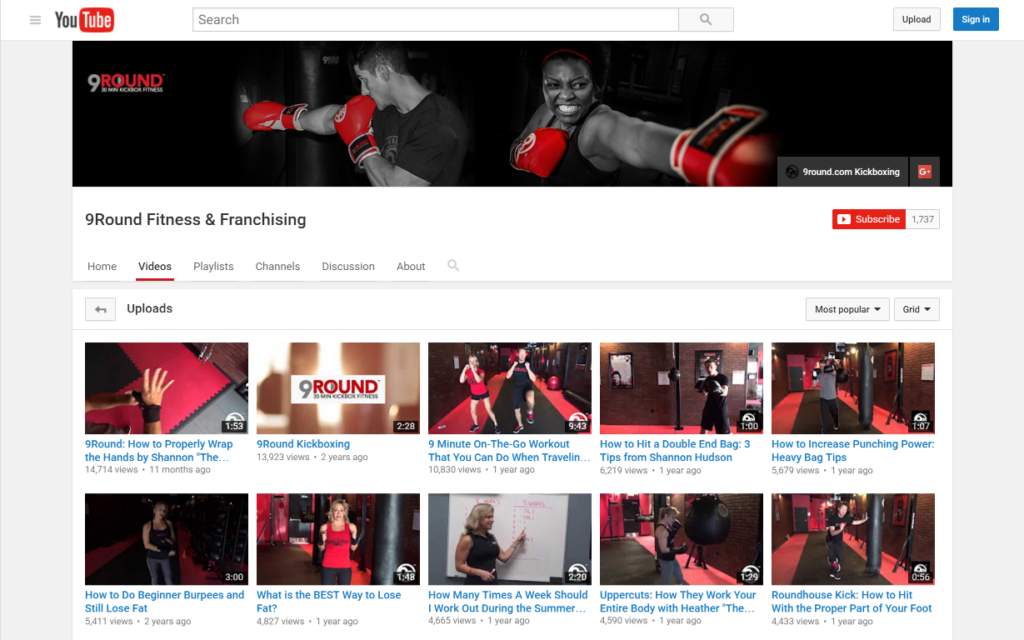
9Round’s YouTube channel is well managed property with the goal of driving traffic back to their main site.
Although 9Round also earns an overall grade of A for SEO, their Unnatural Link score (Grade F) could use some major attention. Of the 72K backlinks from only 1.32K referring domains, our analysis shows that 16% of the links appear “unnatural” or “suspect.” The majority of their Unnatural Link issues come from suspect anchor text, low influence links, and web-directory links. Because 9Round is scoring so well in other areas of SEO, we’d recommend that 9Round takes a deeper dive into their backlink profile to ensure that any low quality links will not undo their otherwise good SEO performance.
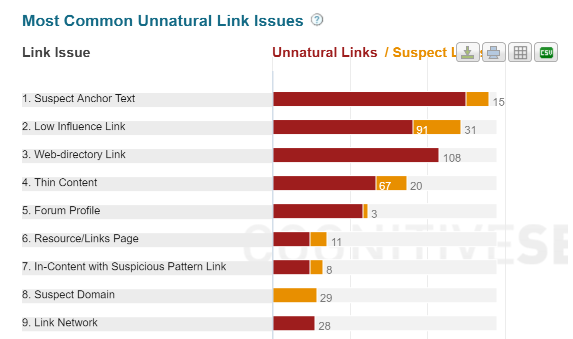
The top issue plaguing 9Round’s backlink profile is suspect anchor text.
RxWiki (2015 Inc 500 #205)
Existing as an educational arm for digital solutions company Digital Pharmacist, RxWiki is an online resource for medication and disease information. With content written by healthcare professionals and experts, RxWiki’s has been able to stand out as a trusted resource, earning an A in Trust Metrics.
While much of RxWiki’s content marketing includes diseases and illnesses, they have been able to penetrate the SERP with their exhaustive content and multimedia on specific medications. They currently possess the #1 search position on many short tail keywords of medications including “spironol,” “decaspray,” and “ipsatol” – outranking WebMD.
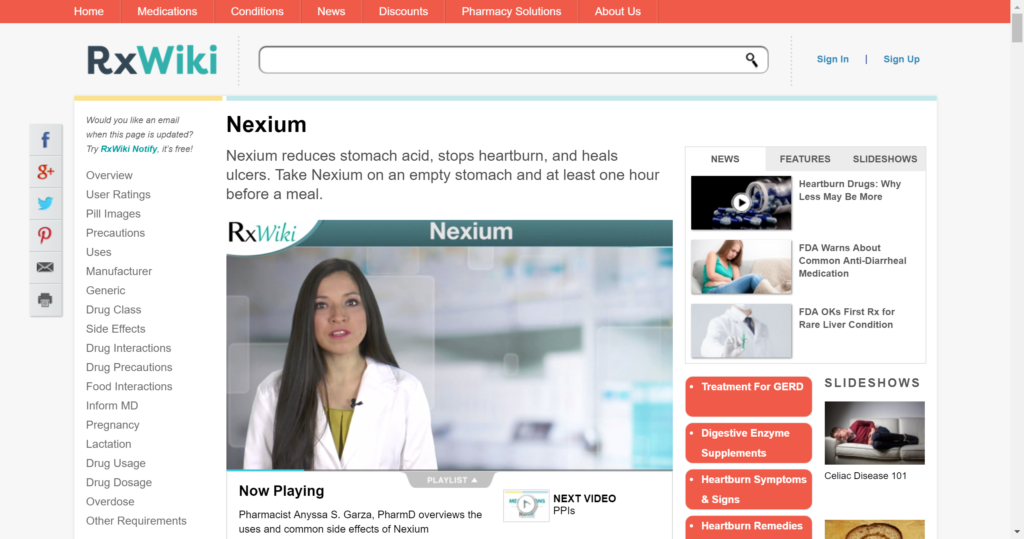
RxWiki has a robust content library containing blogs, video, and slideshows.
While they’re ranked 3rd in SEO for the health vertical, Unnatural Linking was their worst category. RxWiki’s backlink profile reflects 243K backlinks from 1.47K referring domains – a ratio sets off major alarms for us. Additionally, because they’re a provider of digital solutions for pharmacies, we’ve noticed that “Powered by RxWiki” footer links on their clients’ sites make up a huge portion of their backlinks. Like 9Round, RxWiki needs to take a deeper look into their link profile – disavowing spam links, implementing no-follows, and ensuring that seemingly innocent footer links do not attract Google penalizations.
UrgentRX (2015 Inc 500 #168)
UrgentRX, an OTC medication sold online and in stores, made its way onto the Inc500 list with $3.6M in revenue in 2015. Their website exists for purely promotional purposes – every single page is product driven. However, we find it ironic that you aren’t actually able to purchase these drugs through their website. Clicking “Buy” will take you to a store locator where they also recommend other online retailers.
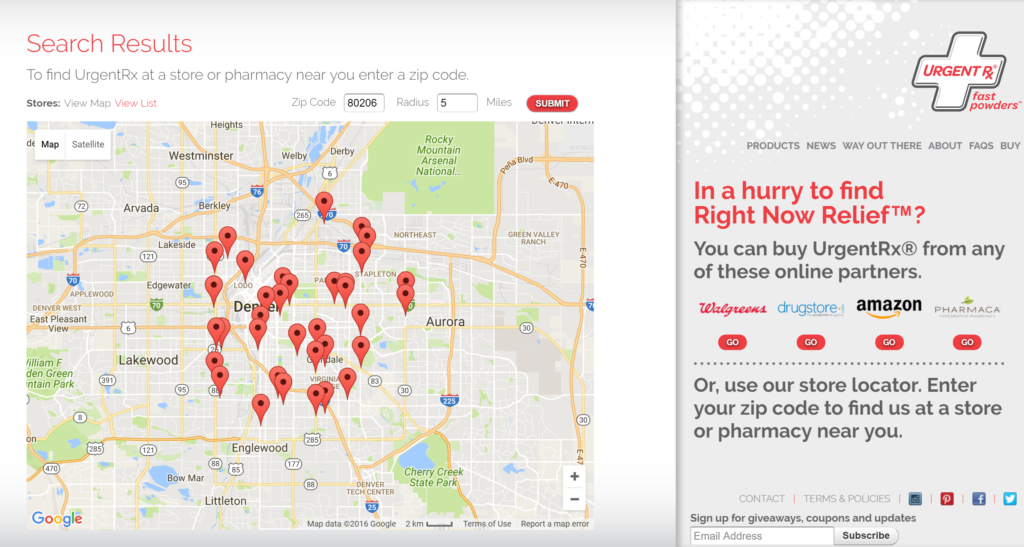
The primary purpose of the UrgentRx site is for locating retailers.
UrgentRx has 971 total backlinks and 273 referring domains. It is clear that UrgentRx has made an effort to build their backlinks – through PR efforts, they have been able to gain numerous links from blogger reviews by way of Influenster. However, the low quality of many of these links have not been helpful in boosting their Trust Metrics. Furthermore, these types of product mentions are hardly shared, so it ultimately does not do enough to drive traffic back to UrgentRx’s site. UrgentRx would significantly benefit from an audience-focused content strategy to inform a link building campaign.
For example, Advil (non-Inc 500) is similar in that its website does not have e-commerce capability. However, it does a good job of creating content for different types of pain and illnesses that are not overly promotional, but instead is helpful to their potential customers.
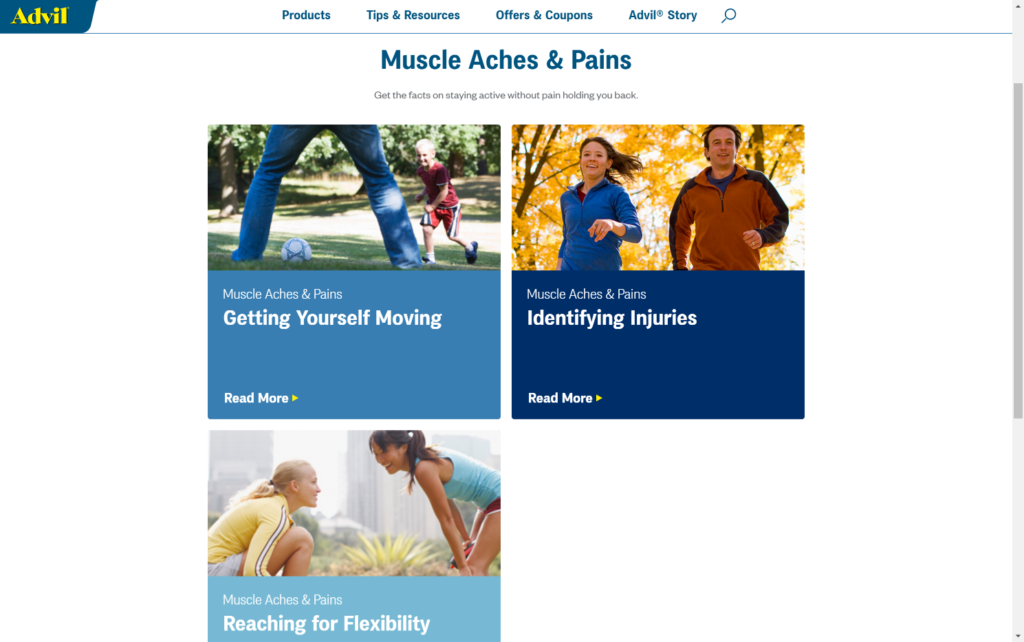
Advil has created content around health and wellness – rather than promotional content about their product
What does it mean?
While our data indicates that the Inc 500 Health companies are doing well in Spam Score and Unnatural Links, when compared to the overall SEO performance of the Inc 500, Trust Metrics and Link Popularity continually show up as below the list average.
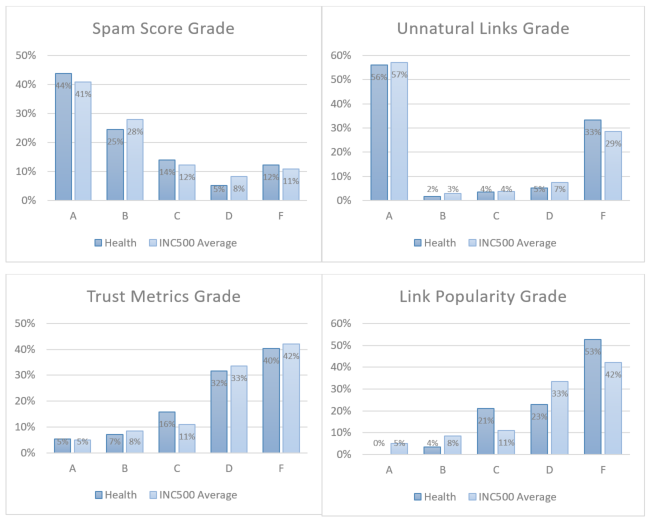
From The Vector Report
Because the success of health companies relies heavily on trust, it is surprising that the industry as a whole falls below the average. But all hope is not lost – content strategy is key in rectifying this shortfall. By backing up your link building campaigns with authoritative content, and optimizing your content for wherever your audience is (whether it’s your main property, Facebook, YouTube, or even SnapChat), we believe that even the top performing companies can see a boost in organic visibility and continued company growth year after year.
And if you’re looking for a partner to help you get there, give us a shout.
Download The Vector Report in its entirety here.
Special thanks to Reshma Chabria and Mike King for their contributions to this article.
- How are the Fastest Growing Health Companies Performing in SEO? - August 29, 2016
- Ready to Start Blogging? Tips & Tools to Help You Get Started - May 25, 2016
- Navigating the Career Accelerator – My Experience at Startup Institute - January 20, 2016


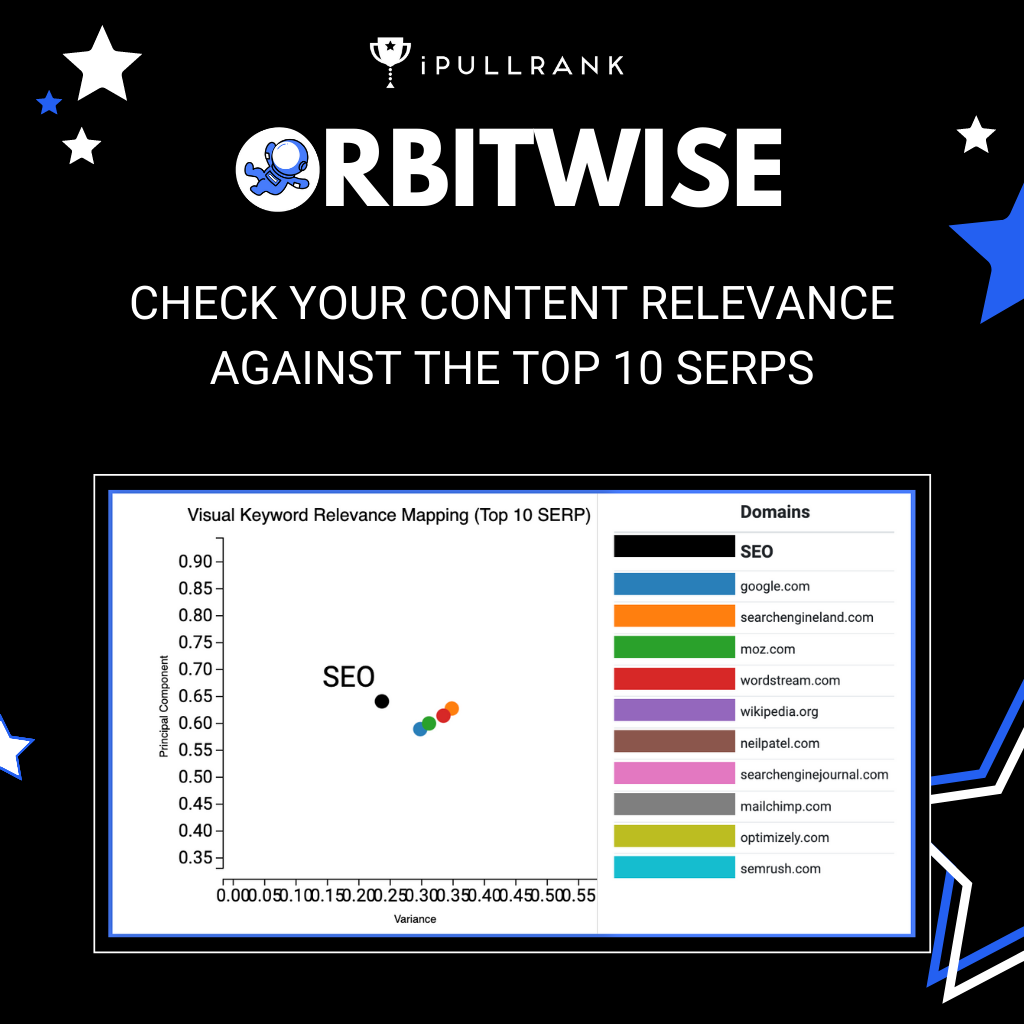



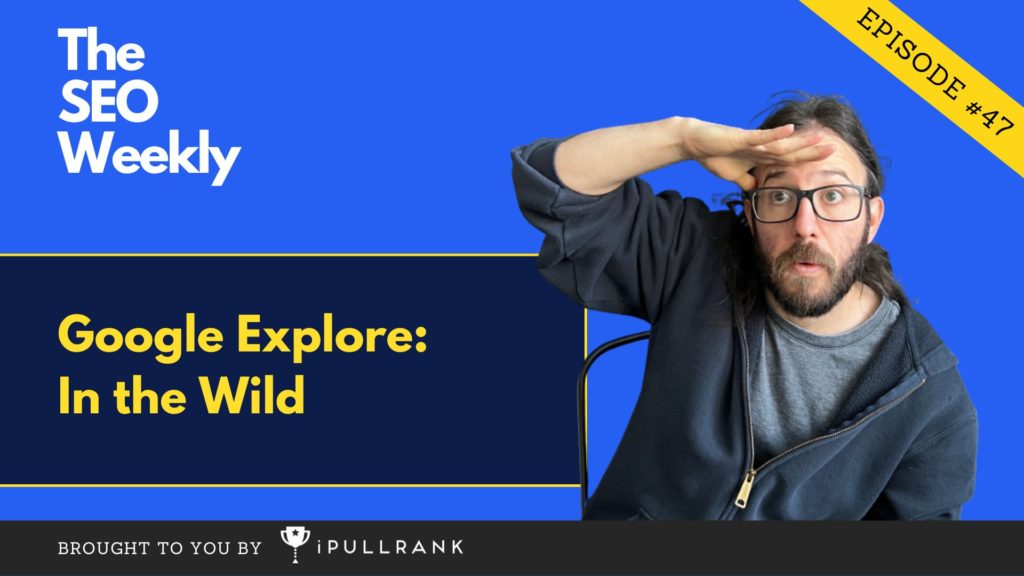
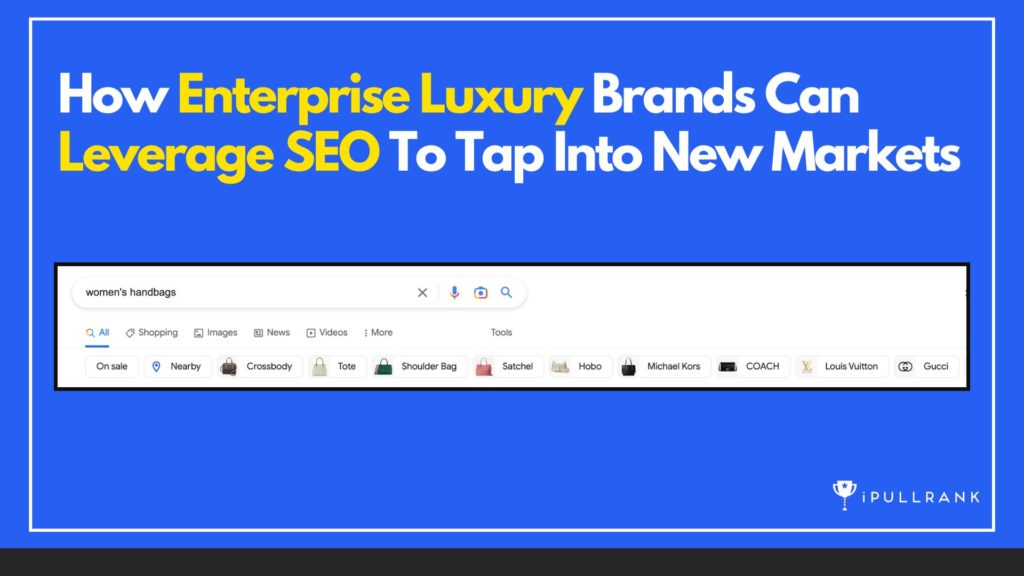


Leave a Comment